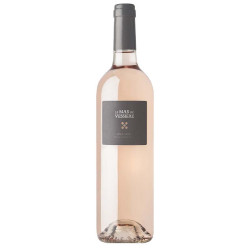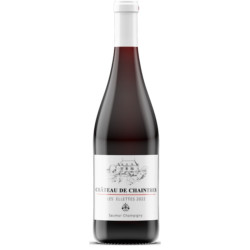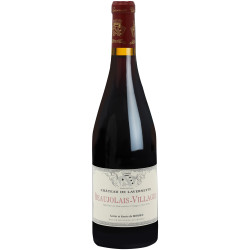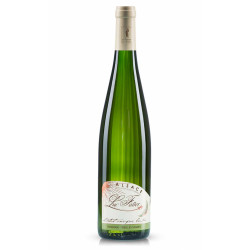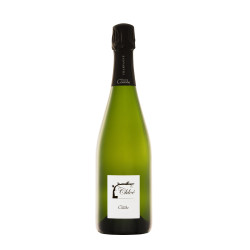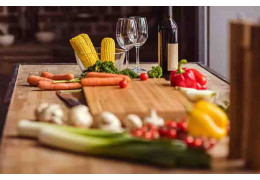Free delivery on purchases of €150 or more per winegrower in France and €250 in Europe (excluding United Kingdom)
Free delivery on purchases of €150 or more per winegrower in France and €250 in Europe (excluding United Kingdom)
-
- Great Offer
-
Our wines
-
-
By colors
-
All the wines
-
-
-
All Regions
-
-
-
-
Our organic & natural wines
-
-
Our Champagnes & Spirits
-
-
All Champagnes
-
-
Spirits
-
All the spirits
-
-
-
Our winemakers
-
-
-
winemakers
-
-
-
Our advice
-
-
Find your wine
-
-
-
- Our commitment !
-
- Great Offer
-
Our wines
-
-
By colors
-
All the wines
-
-
-
All Regions
-
-
-
-
Our organic & natural wines
-
-
Our Champagnes & Spirits
-
-
All Champagnes
-
-
Spirits
-
All the spirits
-
-
-
Our winemakers
-
-
-
winemakers
-
-
-
Our advice
-
-
Find your wine
-
-
-
- Our commitment !
Unbeatable !
HOW IS BIODYNAMIC WINE PRODUCED ?

Organic, Biodynamic, and Natural Wines: Embracing Eco-Friendly Viticulture
The Rise of Eco-Friendly Wines
Organic, biodynamic, and natural wines are undeniably gaining popularity. This trend reflects a growing interest among winemakers and consumers in respecting the environment. While consumers have only recently become aware of the benefits of environmentally friendly agriculture, farmers have long recognized its virtues. The richness of a terroir owes much to the microbial life in the soil, and the quality of a vintage is entirely dependent on nature's rhythms. Unlike conventional agriculture, which relies on chemical pesticides for viticulture and winemaking, biodynamic winemakers synchronize their work with nature's clock. Often confused with organic farming and not widely understood, biodynamics is primarily a philosophy. What are its principles, and how are they applied to viticulture?
What is Biodynamic Agriculture?
The origins of biodynamic agriculture date back to the work of Rudolf Steiner in the 1920s. Farmers, concerned about the declining quality of their soils and consequently their crops, sought the guidance of the renowned Austrian scientist. His philosophical principle is simple: the earth is a whole, and it is part of a greater whole. Based on this principle, the three fundamental rules of biodynamics are:
- The farm is an autonomous and individualized ecosystem.
- Natural preparations made from plants, cow manure, and quartz are used to energetically nourish the land.
- Cosmic rhythms guide daily activities.
This approach fundamentally differs from conventional and even organic agriculture. In biodynamics, the farmer does not practice monoculture. Instead, they seek to understand the synergies between plants, animals, climate, cosmic rhythms, and more to create a fertile and virtuous circle. In organic viticulture, the winemaker works similarly to conventional agriculture but with organic products approved by the label. Therefore, the philosophy and daily operations of a biodynamic farm are radically different. The most iconic example is horn manure, the famous cow horn filled with cow dung. This is planted once a year to regulate soil pH and enhance its CO2 fixation capacity. Numerous examples illustrate the pursuit of natural interactions among plant, animal, and human life to improve soil fertility.
How is Biodynamics Applied to Wine?
In viticulture, biodynamic practitioners care for their vines according to these principles. The vineyard is viewed as a whole, and vine and winemaking activities adhere to the biodynamic calendar. The phases of the moon and the astral calendar, which designate ideal days for certain actions or the development of specific aromas, dictate daily viticulture and winemaking practices. Biodynamics is applied to wine through various operations:
- Soil enrichment is achieved using horn manure, natural grassing, or other natural methods.
- Phytosanitary treatments involve plant-based preparations (nettles, sage, etc.) and minerals (silica).
- Some vineyards plant trees to cool parcels, allow livestock to graze for grass trimming, and more.
- Harvesting and winemaking steps align with the biodynamic calendar.
Initially, these principles may have seemed odd, but they are increasingly convincing winemakers, including some notable ones. Aubert de Villaine, owner of Domaine de la Romanée-Conti, has been practicing full biodynamics since 2007 without publicizing it. Why? Because for him, it is not a commercial endeavor; it is simply the best way to make wine.
Is Biodynamic Wine Better?
Is it true? Is biodynamic wine better? Proponents will undoubtedly say yes, while skeptics will disagree. In wine, everything is a matter of taste and subjectivity. Biodynamics is foremost a technique and a philosophy. Choosing biodynamic wine is about supporting winemakers in harmony with the environment. Many claim to have seen quality improvements after transitioning to these viticulture methods. Richer soil theoretically produces better grapes. Moreover, a biodynamic winemaker seems naturally more attuned to their vines and the life on their parcels. However, it is only one method, and many factors contribute to producing quality wine: climate, weather, the winemaker's work, winemaking processes, and production variables. Biodynamic wine is subject to the same conditions as any other type of wine: favorable circumstances and the passionate work of the winemaker. The best way to form an opinion is to taste it for yourself!
Our nuggets
Related articles

BLANC DE BLANCS: EVERYTHING YOU NEED TO KNOW ABOUT SPARKLING WINES
The name Champagne Blanc de blancs instantly conjures up an image of superio...
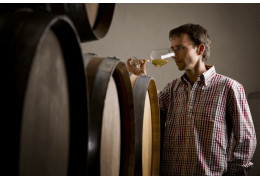
EVERYTHING YOU NEED TO KNOW ABOUT VAT VINIFICATION
To make good wine, you need good grapes. Of course, viticulture methods, ter...

MULLED WINE, IDEAL FOR THE FESTIVE SEASON
Like every year, it's getting colder and colder, and mulled wine is one of t...
